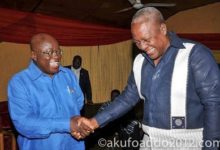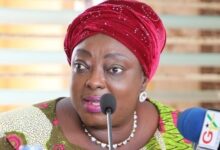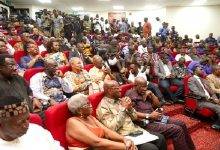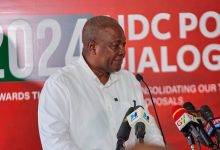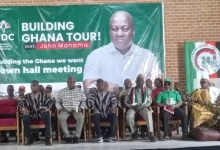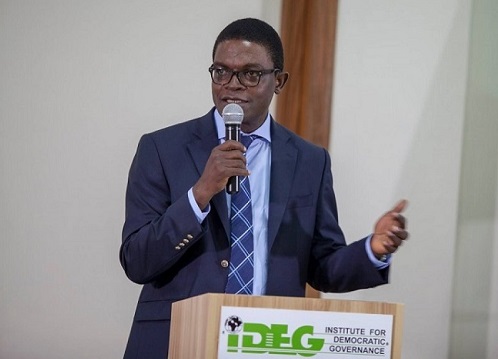
The Institute for Democratic Governance (IDEG) is advocating the participation of political parties in the district level elections as part of the reformation needed in Ghana’s local governance structure.
According to the Executive Director of IDEG, Dr Emmanuel O. Akwetey legalising political party participation in local government would not only standardise and rationalise political party participation but also address the growing disenchantment towards the existing system.
Contributing to a panel discussion on the theme ‘Local government system, election 2024, security and peacebuilding,’ at the Annual New Year School at the University of Ghana in Accra, the IDEG Executive Director said the declining voter turnout in local elections was a clear indicator of the disconnect between the governance system and the citizens it was meant to serve.
To reverse this trend, he said comprehensive reform in the legal, operational, and financial frameworks governing political parties were essential.
According to Dr Akwetey, these reforms with emphasis on enhancing the representation of women and marginalised groups and devolving powers to local communities were not mere legislative changes, adding that “they are essential to unlocking the true potential of Ghana’s democracy.”
He called for a broad national consensus on reforming the executive arm of government at the local level and state institutions, describing that as paramount.
These institutions, he said must effectively translate policies into services that cater for the needs of the populace.
He expressed worry about the youth being frustrated about governments not responding to their development needs, adding that many researches have proven that most Ghanaians do not trust the democratic system of the country.
The executive director further indicated that civic education efforts must be enhanced due to the polarisation and partisanship currently affecting the perception of the local government system to bridge the knowledge gap that leads to misconceptions and resistance to change.
“By so doing, we can foster a more informed citizenry, one that is equipped to contribute meaningfully to the dialogue and decisions that shape our local governance structures,” he added.
A former Head of Department of Political Science, University of Ghana Legon, Joseph Atsu Ayee in his submission said it was imperative for political parties to make known their financiers.
This, he said would enhance transparency and uphold the principles of democracy.
The panellists argued that revealing political party financiers was essential for maintaining the integrity of the democratic system.
“The push for financial transparency aims to mitigate the potential impact of undisclosed interests on political agendas and decision-making processes,” professor Ayee added.
Expert, Politics and International Relations, Tallinn University, Estonia, Dr Benjamin Klasche urged all members of the public to get more involved in peace building activities because disturbances have the tendency of affecting development at all levels.
BY RAISSA SAMBOU

